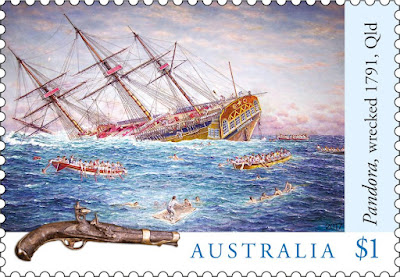Narali Purnima, also known as Coconut Day or Raksha Bandhan, is a Hindu festival that is celebrated on the full moon day (Purnima) of the month of Shravana, which usually falls in July or August in the Gregorian calendar. This festival holds significance in various regions of India, particularly in the coastal states.
The term "Narali" is derived from the Marathi word "naral," which means coconut. The festival is named after the tradition of offering coconuts to the sea as a way to seek the blessings and protection of the sea god Varuna. It is often celebrated in coastal communities as a way to express gratitude for the ocean's bounty and to seek safe journeys for fishermen and sailors.
During Narali Purnima, people in coastal areas perform rituals and offer coconuts, flowers, and other offerings to the sea. This is usually accompanied by prayers and ceremonies to invoke the blessings of Varuna for a prosperous and safe life at sea.
In some regions, Narali Purnima is also associated with the festival of Raksha Bandhan. On this day, sisters tie protective threads (rakhi) around the wrists of their brothers, symbolizing the bond of love and protection between siblings. In return, brothers offer gifts and promise to protect their sisters. While Raksha Bandhan is celebrated widely across India, the connection between Raksha Bandhan and Narali Purnima is more prevalent in certain communities.
As with many Hindu festivals, the traditions and customs associated with Narali Purnima can vary based on regional practices and cultural interpretations.







